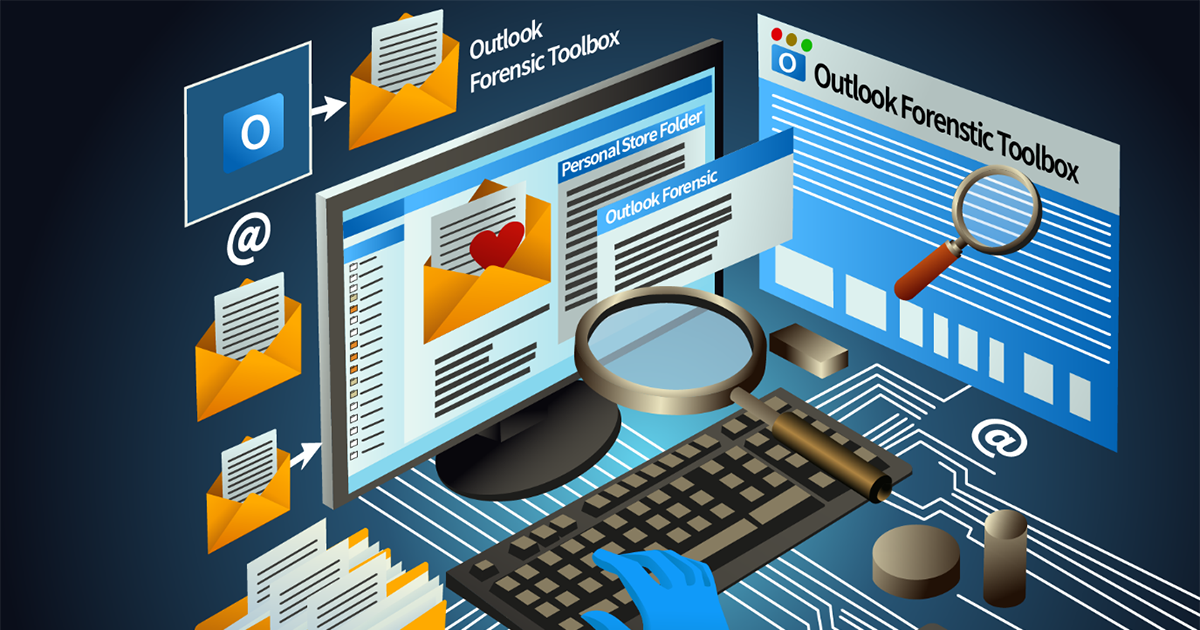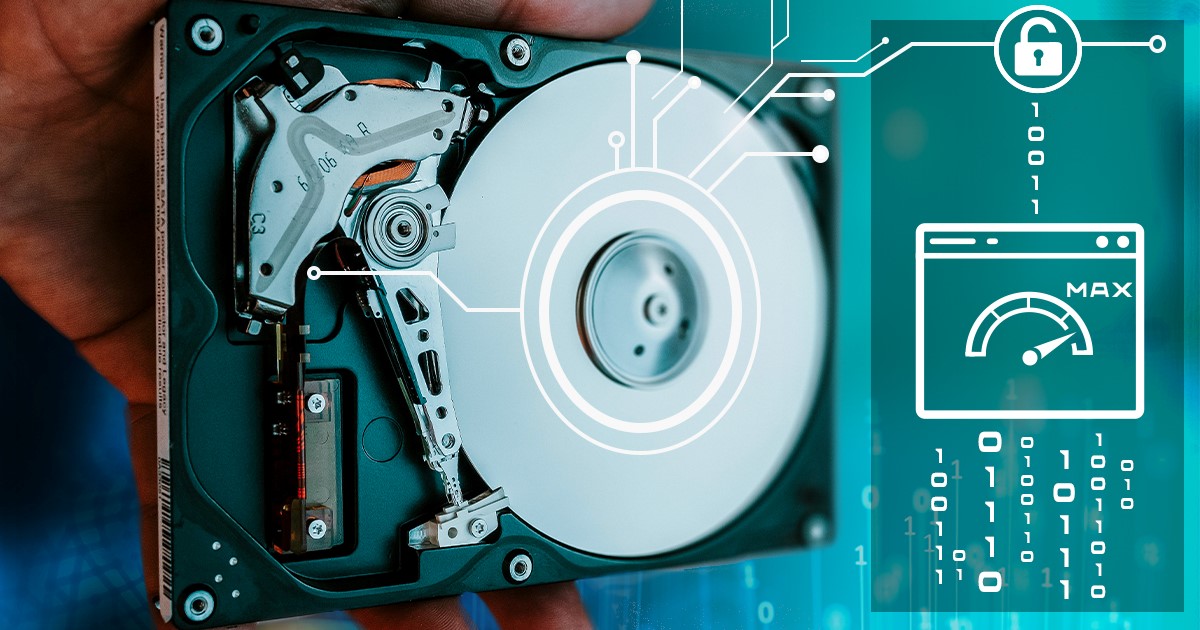New statistics* shows disaster recovery (DR) is getting more attention, and more upper level execs become involved with DR issues. Ideally, each company should have an emergency plan in case of power/system failure, loss of access, outside attack, sabotage or else – called DRP (disaster recovery plan) or even DRRP (disaster response and recovery plan). DRP is only a part of risk management practices which ensure emergency preparedness and risk reduction and include such initiatives as regular data backups, stocking recovery software, archiving, etc. – these activities are reflected in PMI and NIST standards.
In my previous post I suggested several variants of computer security translated by different laws. Now I’d like to get to ciphers…again viewed by law.
Not long ago I wrote about AMD’s TWKR when the first rumors reached the media. Now we have more news on that. And the sad one is that TWKR still cannot be purchased in retail and most probably won’t be, at least not the ones from the sought-after 100 exemplars that exist today.
Most laws define security obligations as reasonable, appropriate, suitable, necessary, adequate etc. without giving more precise directives to follow. Is it good or bad? And what should be known about these standards?
When we meet our customers at trade fairs in Germany, we are always asked questions about legality of our tools. The reason for this is that German law on so-called “hacking tools” is very strict. At the same time the wording of the respective paragraphs is unclear and ambiguous.
The world is waiting for the specifications of currently most powerful processor – AMD Phenom II 42 TWKR Black Edition aka Formula 1. They say it has an unlocked clock multiplier for ease of overclocking, though consumes 200W and thus requires good cooling. One of the pictures on the website of Maingear PC founder and CEO (Wallace Santos) has a not-for-sale-note which caused a gossip that the new processor is not meant for retail, but probably for direct selling from AMD to “extreme enthusiasts”.
In this entry I’d like to suggest a kind of a list of various legal decisions on password [ab]use I could find on the web. Your add-ins are welcome, just put in any other acts you know…
Time for shoulder surfing is gone, today we have more sophisticated ways to track what you are typing on your keyboard. A series of appearing keyboard attacks yet again prove its incapability of keeping secretes. Let’s see what we have…
We wrote about the new iPhone last week, but these we only rumors. And now it is officially announced (on WWDC); the sales will start on June 17th (in the U.S.). Additional information is available at Apple web site: general and about iPhone 3.0 software update. But unfortunately, still no tech specs of its GPU; according to the above article, Maybe there is some truth to the rumors that Apple is using OpenCL. If that’s true, there will be (technical) ability to crack passwords on it, and the speed should not be disappointing.


